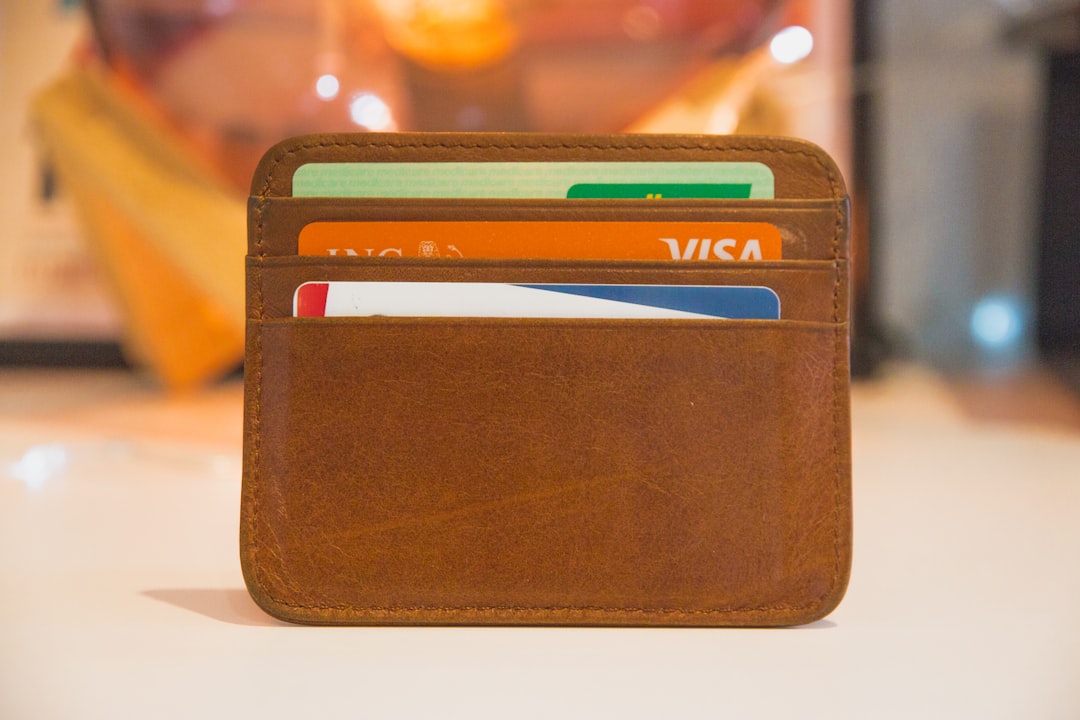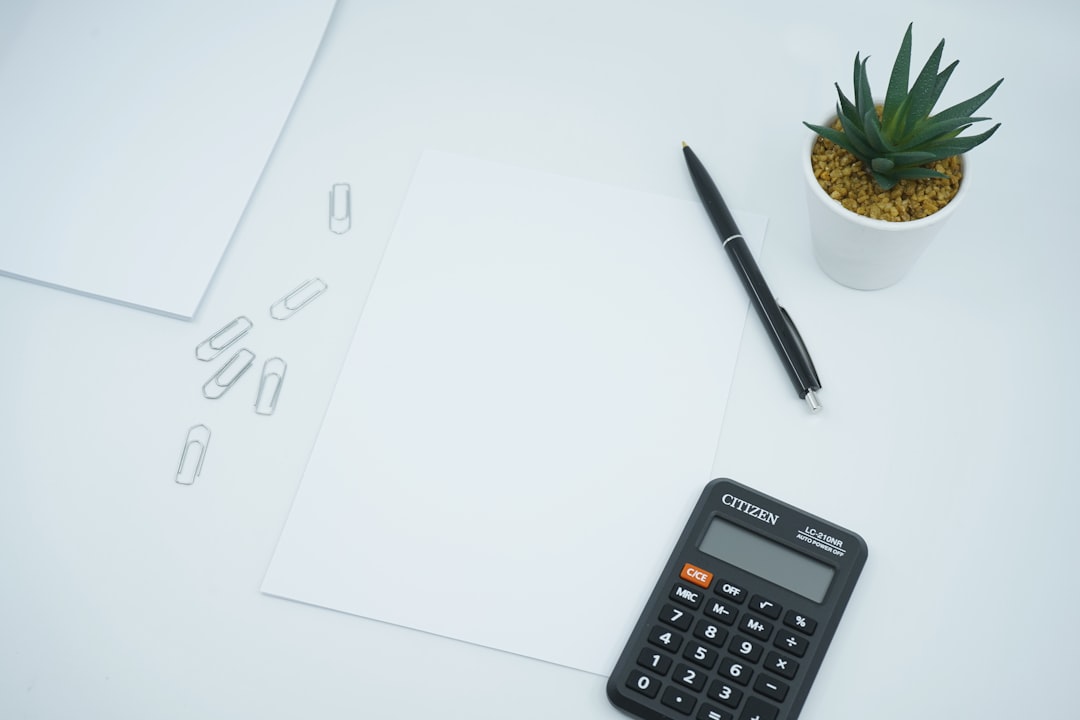How to Budget Money
Understanding Your Income
Before you can begin to budget your money, it's essential to first understand your income. This means knowing not only your salary, but also any other sources of income you may have. This could include part-time jobs, freelance work, or even investments. The key here is to get a clear and accurate picture of your monthly income.

Identifying Your Expenses
Once you have a clear understanding of your income, the next step is to identify your expenses. This includes everything from your rent or mortgage, utility bills, groceries, and transportation costs, to discretionary spending like dining out, entertainment, and shopping. It's important to be thorough and honest with yourself during this step to ensure you have a complete understanding of your spending habits.

Creating Your Budget
Now that you have a clear understanding of your income and expenses, you're ready to create your budget. The goal here is to ensure that your income covers all of your expenses and leaves room for savings. If your expenses are higher than your income, you'll need to make adjustments.
Fixed and Variable Expenses
When creating your budget, it's helpful to differentiate between fixed and variable expenses. Fixed expenses are those that remain the same each month, like your rent or mortgage. Variable expenses, on the other hand, fluctuate from month to month, like groceries or utility bills. This distinction can help you identify areas where you might be able to cut back.

Savings Goals
Another important aspect of budgeting is setting savings goals. Whether you're saving for a vacation, a new car, or an emergency fund, having a clear goal in mind can make the budgeting process more rewarding. It's recommended to save at least 20% of your income each month, but the exact amount will depend on your individual goals and circumstances.

Tracking Your Spending
Creating a budget is just the first step. To ensure that you're sticking to your budget, it's important to track your spending. This can be done manually, or with the help of budgeting apps or software. By regularly reviewing your spending, you can identify any problem areas and make necessary adjustments.

Adjusting Your Budget
Remember, a budget is not set in stone. It's a living document that should be adjusted as your circumstances change. Whether you get a raise, lose a job, or experience a change in your living situation, your budget should be updated to reflect these changes. Regularly reviewing and adjusting your budget will help you stay on track with your financial goals.

Conclusion
Budgeting is a powerful tool that can help you take control of your finances and achieve your financial goals. By understanding your income and expenses, creating a budget, tracking your spending, and making necessary adjustments, you can create a financial plan that works for you. Remember, the key to successful budgeting is consistency and honesty with yourself.
